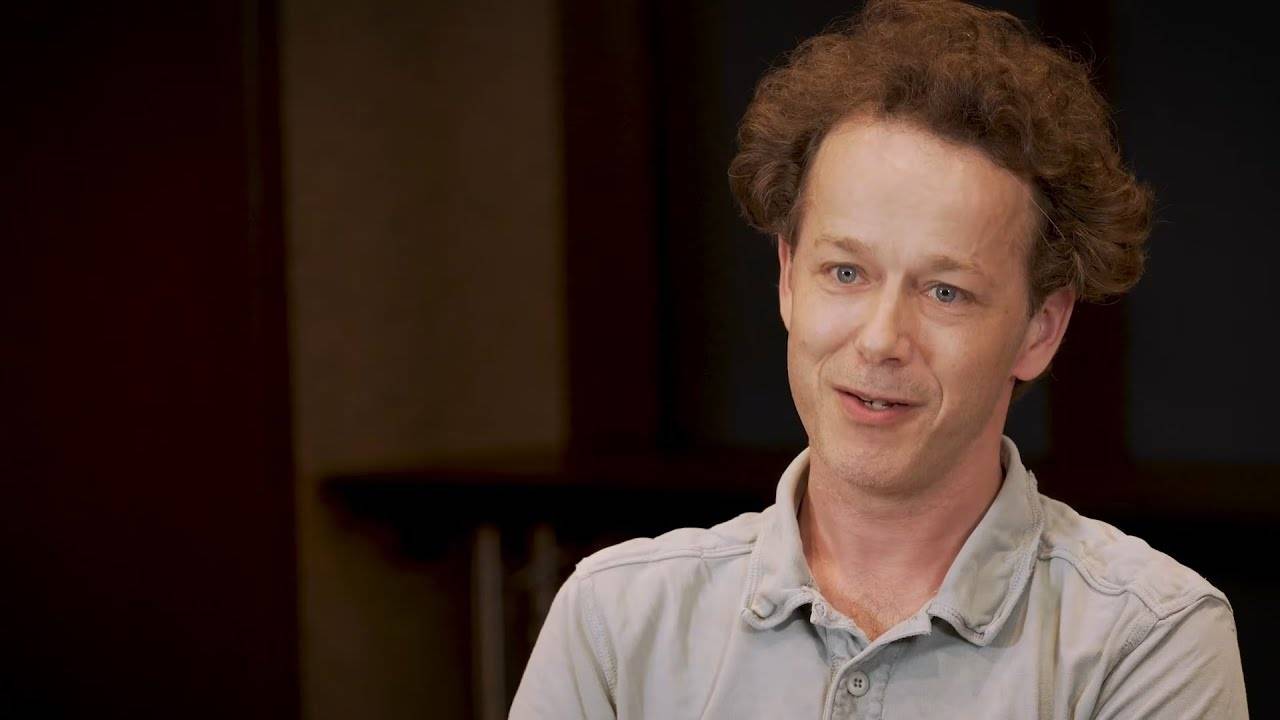I’m Heiman Wertheim, I’m a professional.
microbiologist, I'' m a medical physician learnt medical microbiology, as well as I was.
trained in the Netherlands and afterwards I relocated to Vietnam in 2006, to OUCRU in Hanoi as well as I.
created the system there, and our primary focus is medication resistant infections and also a wide array.
of other conditions that we’re additionally researching. We began in 2006 concentrating on.
serious influenza infections, however we saw a great deal of medicine immune infections.
triggered by germs – these individuals are failing anti-biotics that we think about should function – and.
then we re-focused things we were doing on what is actually causing medication immune.
infections and what we can do about them. What we additionally saw, mainly, is that.
individuals enter health center for reasons unrelated to infections but due to the fact that of.
mechanical air flow they obtain pneumonia, so the neighborhood body immune system is harmed, after that.
they get a hospital-acquired infection which is medicine immune and these individuals.
are falling short basic therapies. If you take a look at more of a community level,.
the issue is that there is extremely little diagnostics being done, but we see people.
coming right into hospital with drug immune contagious obtained in the area,.
we diagnose them with immune bugs, we believe it’s really high but most likely in.
the community it’s a little bit much less of an issue, however still it exists and we only see.
in the medical facility the instances that failed, so we truly do not know plainly the worry.
of medication immune infections in the community.Even in the Netherlands which has among. the most affordable rates of resistance and also lowest rates of antibiotic usage, as well as also in the UK,. you see all the troubles coming from exterior: people taking a trip and coming back with. immune insects, and I have actually seen instances of that, so it’s actually occurring, it’s not such as. something that may take place in the future it’s in fact occurring currently, therefore I do not. believe you can only focus on your own nation, you truly must be able to go where. it has the greatest concern and also do and attempt something there, because one way or. one more it’s going to come to Europe. That is why we’re examining medicine. resistance in Asia, and also I believe it’s an important location to do something not simply. on private clients yet likewise on policies, and also truly make an adjustment not just for. Vietnam yet an adjustment for worldwide health and wellness. The wonderful feature of Hanoi is that.
5 to 10 years? We relocated from hospital-based research right into the communities, so we.
down antibiotic use in a neighborhood. As you can see in the neighborhoods, if.
This 20% decrease is most likely an underestimate.
and also look in those sort of things.We need to money this research as medication. resistance is an international health and wellness concern, it’s now called by the United Nations a global. dilemma- you can not just concentrate on our own country, you need to take an international approach, with.

the understanding as well as proficiency that we have,
function with the neighborhood people as well as enhance. their ability, make them really feel responsible and also involve
them as well as make them take the lead,. as well as truly do the important things that they need to do. In OUCRU, Hanoi,
we work very closely with the. National Institute of Health and wellness as well as Public health which is the public wellness authority, so what. we do is focus on public health issues as well as exactly how our job from the research laboratory effect on what. is occurring with individuals or communities.For instance we had a measles outbreak,
. despite the fact that the government says there’s an extremely good coverage for measles, we. saw via our occurrence
information that people are not secured sufficient. which described the outbreak, revealing that the job we carry out in the laboratory can help. And also make a change for public health and wellness.
That is why we’re examining medication. 5 to 10 years? We moved from hospital-based research study right into the neighborhoods, so we. This 20% decrease is probably an underestimate. As well as make an adjustment for public health.

